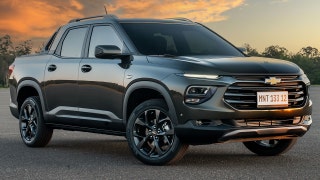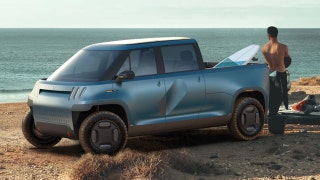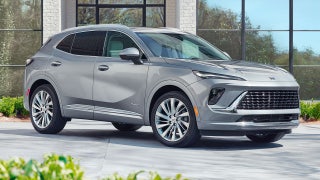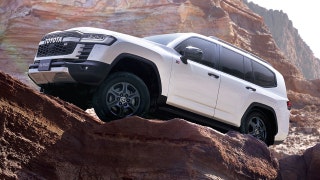
Consumer Reports has no financial relationship with advertisers on this site.
It's time to end the annual debate about whether to install winter/snow tires on your car. If you live in an area where snow is a constant throughout winter, having dedicated winter/snow tires can improve your safety, according to a number of studies and surveys, as well Consumer Reports' own tests.
More than half of Canadian drivers install winter/snow tires on their cars, and they see a real benefit. There are fewer winter-related accidents, injuries, and deaths when cars are required to be fitted with winter/snow tires, a Quebec-based study found.
And the most recent survey report from the Tire and Rubber Association of Canada suggests that two-thirds of Canadian drivers are using winter/snow tires (which are required in some provinces).
In the U.S., the use of winter/snow tires is much lower among snow-belt drivers. Just two in five American motorists use winter/snow tires, according to a new survey commissioned by Michelin.
The Michelin survey, which focused on the U.S., also found:
- 67 percent of respondents thought they didn't need winter tires because they had all-season tires. Consumer Reports’ testing clearly shows that most winter/snow tires have better snow traction than the average all-season tires. As their name suggests, winter/snow tires are specially made to handle the cold, slippery challenges that winter can bring.
- 53 percent thought winter/snow tires weren't needed if they had an all-wheel-drive vehicle. But Consumer Reports subscribers consider winter/snow tires to be beneficial whether they have a two-wheel-drive or an all-wheel-drive car or SUV, according to a recent CR tire survey.
- Michelin found that three out of four drivers are nervous about driving in snow. Younger drivers are more concerned than older drivers, perhaps due to inexperience.
- The survey showed that a vast majority of drivers avoid, limit, or change plans because they don't want to drive in wintry weather. Drivers are worried about the “other guy” on the road, losing control, or getting stuck. Ultimately, staying off the road is the best way to improve safety in foul weather.
- Most drivers using winter/snow tires are more confident in driving in snow and less concerned about other drivers and the loss of traction.
If you don’t need to drive in wintry weather and can wait until the roads are cleared, then driving on all-season tires might be all you need. If you'll be driving in snow, the answer is clear: Put winter/snow tires on your car now.
Remember to look for manufacturer rebates when you shop for tires. Don’t wait to buy, because tire supplies can dwindle as the snow really starts to fall.
Before you shop for tires, check our exclusive report on the most and least satisfying tire retailers.
Consumer Reports is an independent, nonprofit organization that works side by side with consumers to create a fairer, safer, and healthier world. CR does not endorse products or services, and does not accept advertising. Copyright © 2017, Consumer Reports, Inc.






































